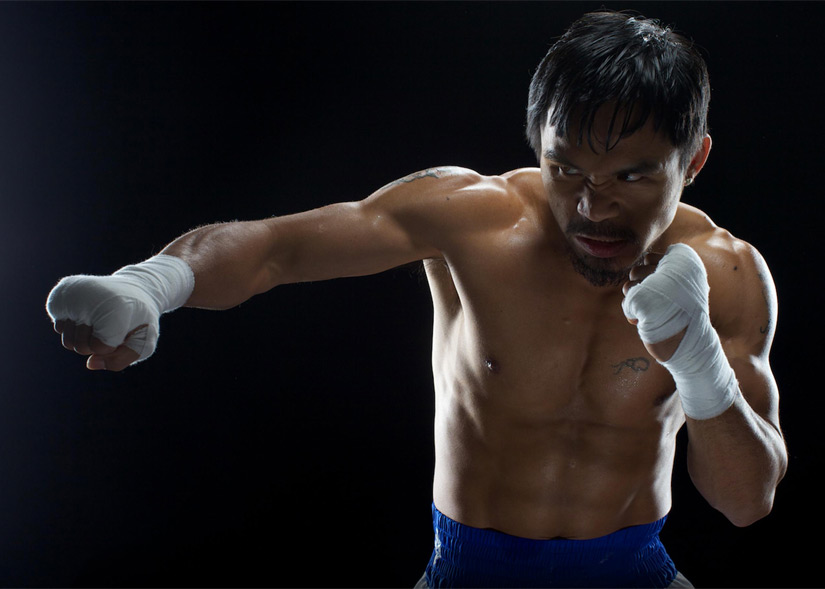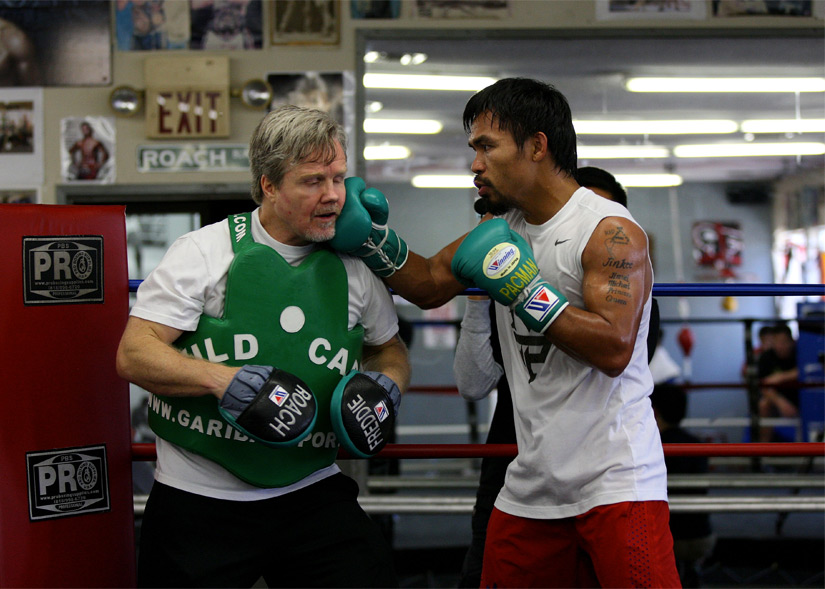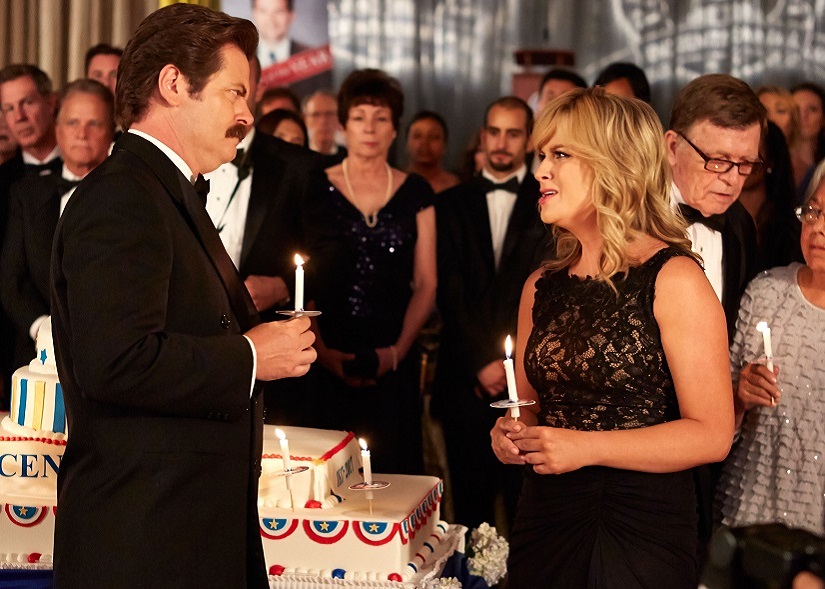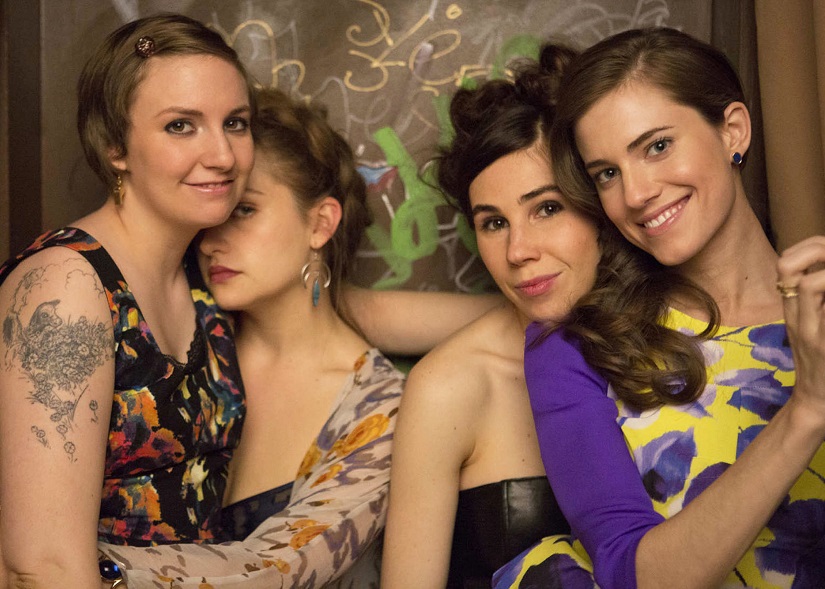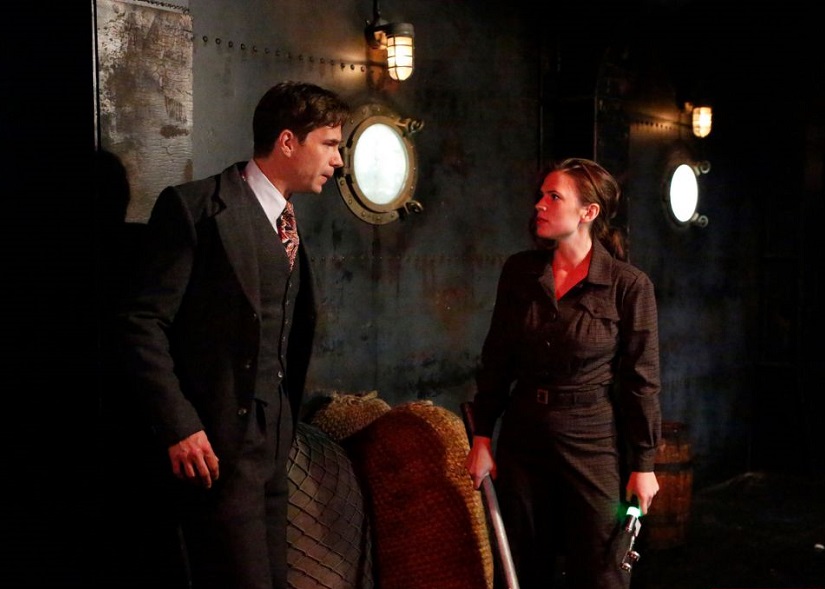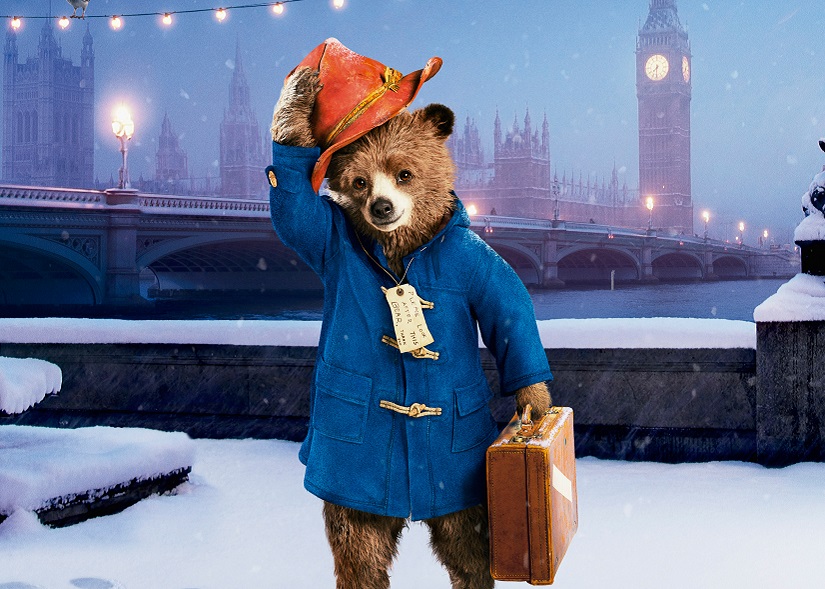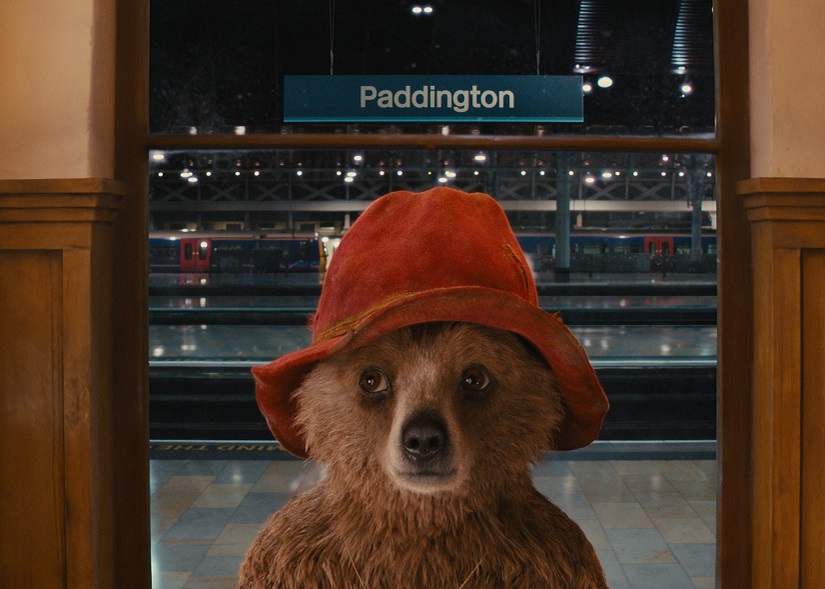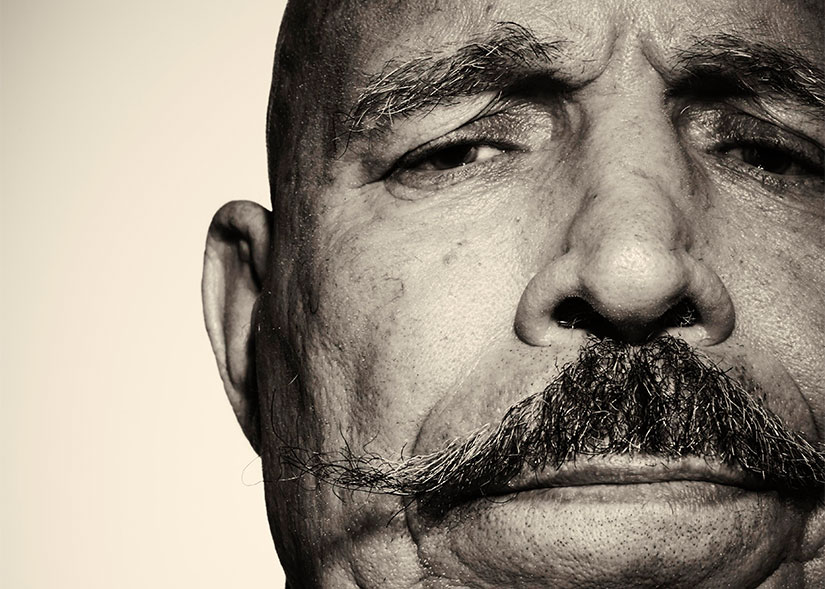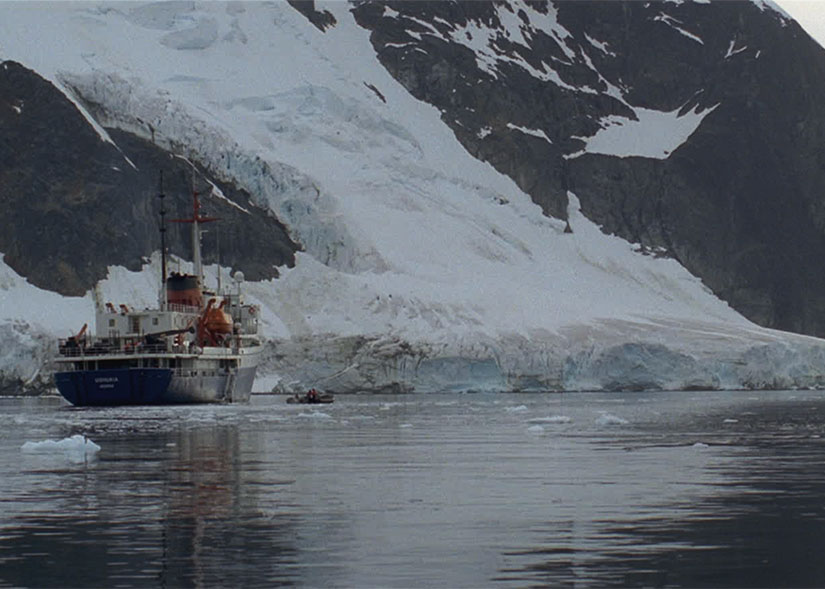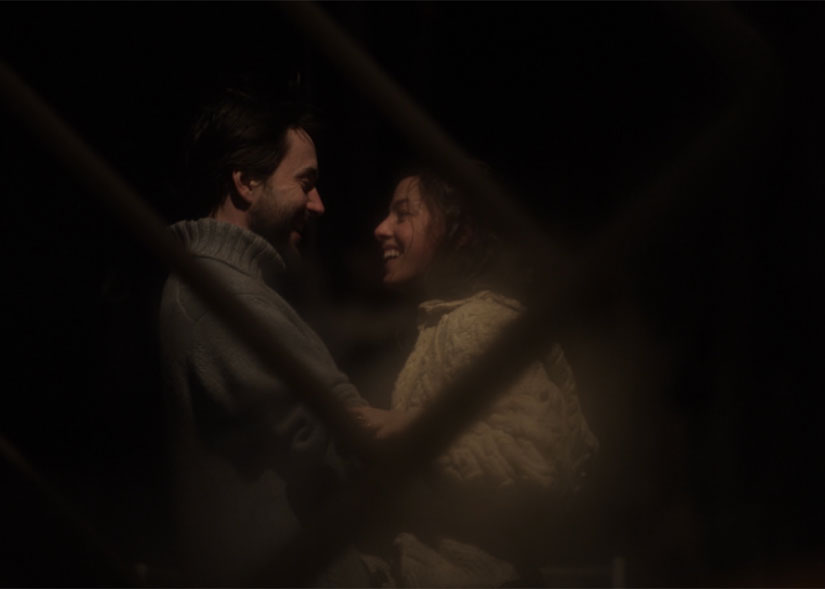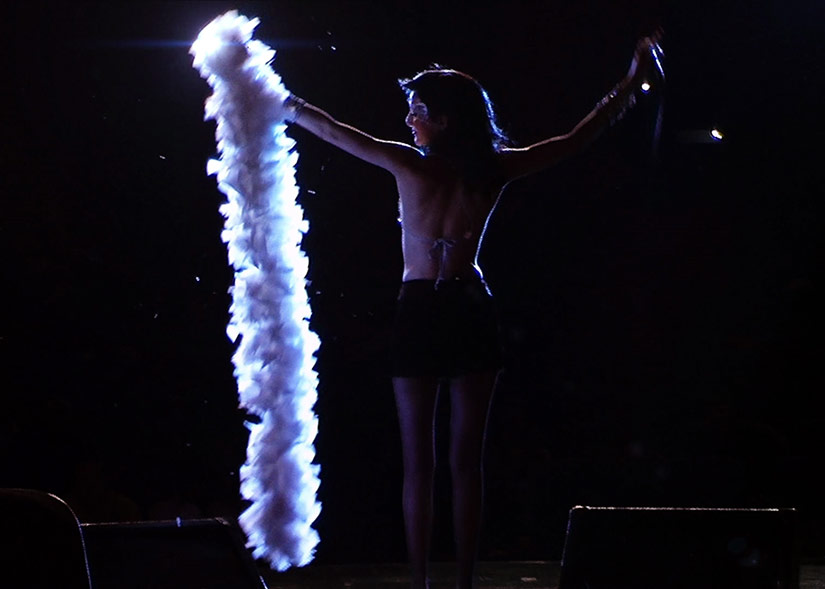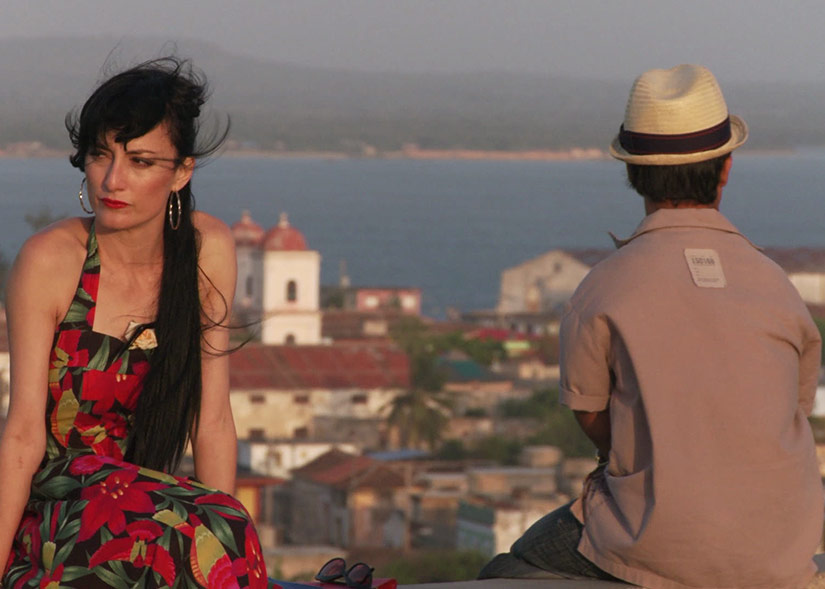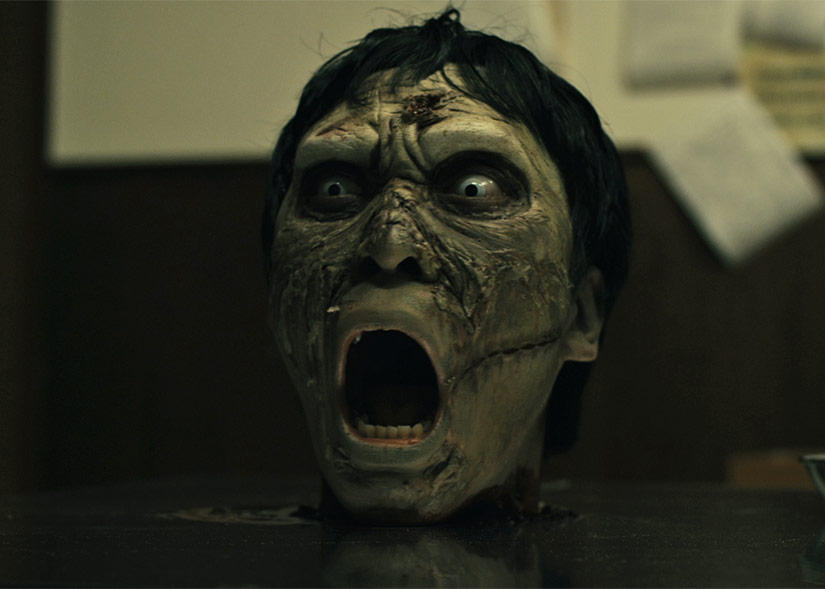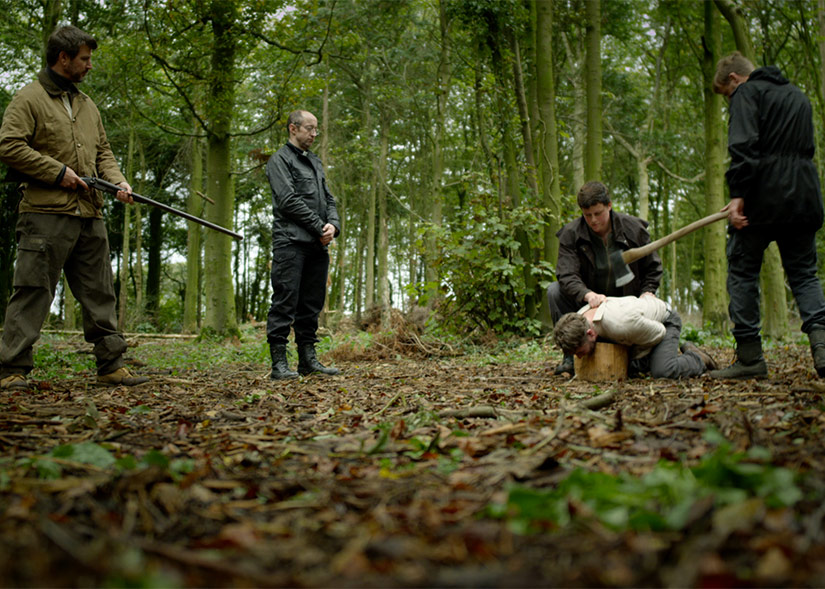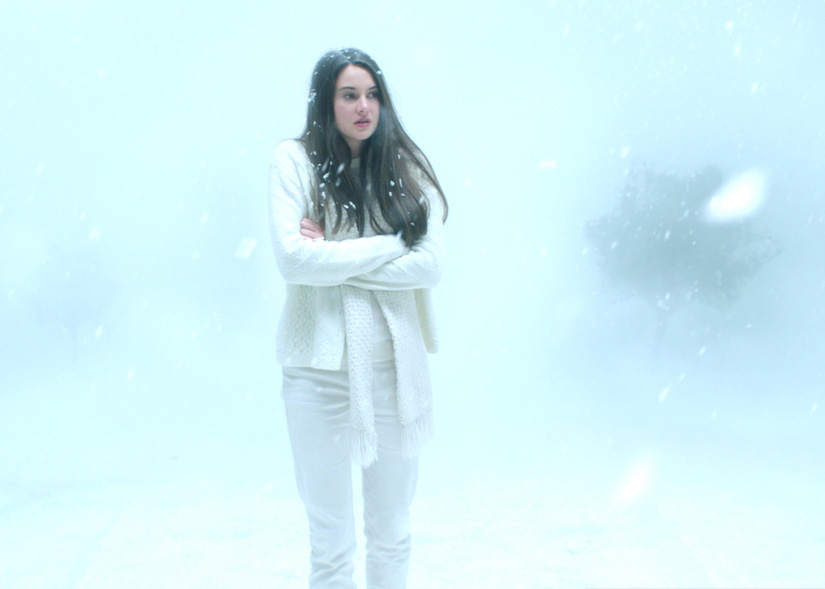[Review] Manny
[This review was originally published during our SXSW 2014 coverage. It is being reposted to coincide with the documentary's wide release.]
[youtube id="5-L2tTtLLVA"]
Manny
Directors: Ryan Moore and Leon Gast
Rating: N/A
Release Date: March 8, 2014 (SXSW)
Manny Pacquiao is one of those figures that can transcend from their initial platform and find success in multiple ways outside of what they're known for. And, for better or worse, Manny Pacquiao has become not just a boxer, but a singer, an actor, a politician, and a missionary of sorts. Diehard Pacquiao and boxing fans have seen the effects of overexertion in a handful of his fights, and I always wondered how Pacquiao himself viewed his journey. In Manny, not only is the question of Pacquiao's identity explored, it delves deeper into the boxer's history to paint a better, more detailed picture of who Manny is outside of the ring and away from the spotlight.
As a half-Filipino man, I have to say that I'm very familiar with Pacquiao's story. As a young boy growing in poverty in the Philippines, Pacquiao turned to boxing to support himself and his family. After finding success, it wasn't until he was paired with famed trainer and former boxer Freddie Roach that Pacquiao's star began to rise in which he has (so far) captured eight different titles at eight different weight classes. All of this is retreaded ground for anybody familiar with either boxing or Pacquiao, and the background information on Pacquiao is necessary for audiences that may not be familiar with Manny. However, what I loved most about the documentary is that not only does it create a running narrative of Pacquiao's "rags to riches" story, it pairs it well with amazing cinematography, editing, and a mix of both on-location shots and archival footage to properly tell Pacquiao's real story, with both good and bad sides given equal focus.
The big question I asked myself (and both director Ryan Moore and editor Lenny Mesina) was the nature of the documentary's intent: Is it meant to appeal to pre-existing Pacquiao fans, or is it meant to bring in those that may not be familiar with Pacquiao? I believe that Manny appeals to both groups, but pre-existing fans will find something extra to enjoy about the documentary. I won't even lie, I found myself getting teary-eyed, not only because of my admiration for Pacquiao as a boxing fan, but for everything he represents as a cultural icon for The Philippines.
Again, I'm biased when it comes to Manny, and I felt a stronger connection to this documentary than everything else I viewed at SXSW. However, with my bias set aside, I truly believe that Manny will find success in both pro-Pacquiao circles and general documentary/cinephile circles. When it comes to sports documentaries, fans will always have a connection they will turn to to better understand the recipient of their cheers and pride; however, I think the real magic is when a well-crafted documentary can turn viewers into a fan of the subject, and I believe Manny is capable of doing that.
[This Week in TV] Parks and Recreation, Agent Carter, Girls, Bob's Burgers
This Week in TV is a new weekly feature reviewing the best, worst and most interesting episodes of television from the past seven days. The plan is to cover a wide variety of shows, but not always the same ones each week, so let us know in the comments which ones you'd particularly like to read about. This week sees Parks and Recreation return for its final season, Lena Dunham's Girls make its fourth season debut, Hayley Atwell continue to kick ass in fabulous period clothing in Agent Carter and cult animation Bob's Burgers hit a season high point.
Parks and Recreation - "2017"/"Ron & Jammy": Parks and Rec threw quite the curveball into its final season with the reveal it would be taking place two years into the future in a growing and more prosperous version of Pawnee, a city formerly known for its slogan: 'First in friendship, fourth in obesity'. Aside from artificially intelligent tablets which may or may not wish to steal their owners' skin - just be sure to turn it off at night - the sci-fi trappings are kept firmly on the down-low, a sensible decision which nevertheless make the show's leap forward in time feel less consequential than might have been imagined.
The biggest change is that Leslie and Ron have had a big falling out over a project called Morning Star, the details of which are not disclosed. The two obviously haven't seen each other in a while when they come face to face mounting competing bids for a vast swath of parkland which Ron, who now runs a development company, wishes to commercialise, while Leslie intends to turn into a national park. Their animosity never feels particularly shocking or serious because their reconciliation and Leslie's success in turning the land into a park feel so inevitable. Even if the producers do throw in a late game twist, nothing here suggests that's likely and at the end of 'Ron & Jammy', the old friendship is already on its way to being rekindled.
Nevertheless, while Parks is a long way from its S2/3 pinnacle, it is still capable of delivering a steady supply of laughs, of which Jon Hamm's cameo early in "2017" is perhaps the biggest and most unexpected ("He's very stupid."). Aziz Ansari's silky bluster as Tom continues to be a goldmine of easy laughs, particularly when set against Adam Scott's desert-dry incredulousness as Ben: the sight of the pair of them breaking down in tears at Tom's real introductory speech for Ben's award (having previously hijacked the moment for self-promotion) was magnificent proof of how well the two actors work together. Ben is one of television's best anchors for larger than life characters, which also made his scenes with the unhinged Joan Calamezzo an additional treat.
Megan Mullally's Tammy ("She's here...") is another who never fails, in no small part since she's usually reserved to a single appearance per season, preventing fatigue from settling into what is essentially a one-joke character. Fortunately it's a very good joke and Mullally continues to play the hell out of it, particularly in her deranged disrobing in the library and the staff's total indifference to what was going on. Meanwhile, a dreary Andy and April subplot was salvaged by the appearance of Werner Herzog (naturally), making 'Ron & Jammy' an episode where the guest stars very much stole the show.
Girls - "Iowa": Girls picked up where it left off last season in story and tone, representative of a show confident in its voice if unlikely to win over any of its haters anytime soon. For the record I'm a fan, and it continues to amuse no end how the show's detractors persist in complaining that its biggest flaw is Lena Dunham supposedly presenting herself as 'the voice of her generation' despite the fact that, in the throughly insecure and self-absorbed Hannah, she's clearly enjoying dismantling the idea of anyone heaping such pretentious accolades upon themselves.
Nevertheless, Hannah is enjoying some success, having been accepted to a writers' school in Iowa following a successful stint writing for a magazine last season. The opening dinner scene between her and her parents is very funny, a back-and-forth of barbed compliments and put-downs. Meanwhile, Adam's burgeoning acting career is proving rife with creative frustrations - a hilariously terrible depression meds commercial he's starring in has apparently had all the best story bits edited out - and Marnie's trainwreck of a life continues to be as gratifying as ever. She starts off well enough, getting her salad tossed by her bandmate, with whom she's having an affair, but it's all downhill from there until she's being heckled off-stage in tears by an unimpressed child. Superb.
Once again, Dunham continues to show little idea of what to do with Shoshana or Jessa, despite both being amusing enough in their limited appearances. We meet Shosh's parents, who are every bit as terrible as expected, while Jessa calling Hannah out on the hypocrisy of pursuing her dreams outside New York is a clear cover for her own inability to find any sort of stability in her life.
Marvel's Agent Carter - "Time and Tide": Agent Carter got off to a solid if not especially substantial start last week with two episodes providing plenty of excitement and a charismatic central performance from Hayley Atwell, but not much beneath the surface. The third episode slows things down a little, offering a more in-depth look at the double lives of its central characters. Peggy continues to struggle to keep her investigations secret and one step ahead of her employers at SSR (Strategic Scientific Reserve), the cost of which is also taking its toll on her personal life. Another colleague turns up dead by the end of the episode and while Peggy wasn't as close to him as to her murdered roommate Colleen last week, the guilt still weighs heavily on her shoulders. The closing shot of her sitting at the bar, about to confide to a very limited extent to Angie, was nicely representative of distance she's forced to maintain even among those she'd like to call friends.
Meanwhile, we also learn a little more about Jarvis' past. Peggy is distraught to discover that even he has secrets, having narrowly avoided being charged with treason after being kicked out of the British army for forging a general's signature to save his Jewish wife during WW2. It's a welcome shot of depth for a character who has previously been little more than an amusing caricature, but diminished by the decision to keep Mrs. Jarvis off-screen, robbing the revelation of any emotional weight without a face to put to the name. It also feels as though Jarvis disclosed the full story a little too soon, where it might have made his relationship with Peggy a little livelier had he held out on his initial reticence for an episode or two.
As for the wider plot arcs, we learn how Stark's technology was stolen, which never feels any more substantial than time wasted on an acilliary detail, and the reveal that the symbol teased last week was pointing towards the ship where the stolen goods were being stored was a fairly limp payoff. Leviathan continues to be little more than a threatening name for anyone without comic foreknowledge, but the mysterious female assassin who kills Krzeminski is made slightly more interesting by a new girl, Dottie, moving in next door to Peggie in her weirdly conversative housing block. The action scenes are effective, if over-edited, and Carter continues a much stronger push out of the gate than Agents of S.H.I.E.L.D. managed but could still do with shifting up a gear or two if it is ever to fulfil its great potential.
Bob's Burgers - "Speakeasy Rider": After an inconsistent fourth season, Bob's Burgers has been steadily finding its feet again in recent weeks and following in the footsteps of the wonderful "Tina Tailor Soldier Spy" and 'Midday Run', 'Speakeasy Rider' suggests a show getting back to its best. It's a great sign of how strong the supporting cast is that so many characters could return for this one episode, whether in cameos (Critter and Mudfap from S3's "Ear-sy Rider") or more prominent roles (Bryce from "Full Bars", health inspector Hugo and Mr. Fischoeder), and feel welcome and familiar despite having been absent for so long. Hugo, in particular, was wonderful to have back and his frustrated antagonism makes him one of Bob's most enjoyable opponents. His job makes him a serious threat to the restaurant, but blinding insecurity and the ridiculousness of his demands (opening at 6am) make him delightfully unpredictable and ridiculous.
None of the plots had any great stakes, with Bob's speakeasy always feeling half-hearted and Gene's interest in flag waving even less than that, but the charisma between the leads and returning supporting characters (Louise to Mr. Fischoeder: "I missed you, where've you been?" "Oh... around.") elevated the dialogue to terrific heights. The episode's focus was always on the conflict between Tina and Louise in the go-kart league and while it was fun to see Tina confronting her sister for a change, it was a shame that she had to be the one to make the conciliary gesture at the end. On the one hand, it's definitely in character, but it still would've been nice for Louise to acknowledge in some way that she sometimes takes unfair advantage of her sister's malleability. Still, the racing scenes were a lot of fun and Bob and Linda turning up to watch the climactic showdown was as great as it always is when the Belcher parents realise what unsupervised adventures their children have been off having on their own, only to shrug and turn out to support them anyway.
[Review] Paddington
If you've heard of Paddington, it's probably thanks to the 'creepy Paddington' meme which popped up following the movie's ill-received first trailer. There's no denying that Paddington looks a bit uncanny valley thanks to CGI which isn't always up to the expected modern standard, but it would be a great shame were it to put people off seeing the movie, which unexpectedly proves one of the funniest and most charming family releases in some time.
Big screen adaptations of beloved childhood stories and characters have not traditionally gone well outside a few happy exceptions, and those familiar with Michael Bond's sweet but slight series of books and the 1975 series of 5-minute shorts (easily found these days on YouTube) would have good reason for doubing whether the material was a suitable fit for extending to feature length. Those doubts are quickly dispelled by the movie getting its first big laugh within a minute of starting, riffing on the Victorian trope of the gentleman explorer in an opening which amounts to a sort of reverse Up!. It establishes the tone neatly and concisely, allowing the gags and set-pieces to build on each other and create a nicely balanced comic rhythm that gives the best jokes enough time to stand out and discarding weaker material before it can become a problem.
[youtube id="7bZFr2IA0Bo"]
Paddington
Director: Paul King
Rating: PG
Release Date: January 16th 2015
King puts to good use his previous experience as director on cult surrealist comedy The Mighty Boosh to good use in creating a London at once familar but fantastical, enlivened by bold colour contrasts and a keen eye for bringing out the character of each area of the city. As the story of a young bear who travels to the big city in search of a new home, Paddington wears its themes about immigration and integration on its sleeve, revelling in the flavours and textures of an urban melting pot of cultures and ethnicities bound by a very English affection for the eccentric. It's a wonderfully inclusive portrayal which doesn't preach, but instead offers an arresting vision of the best possible version of what such a city could look like. It is just about the most English thing you'll ever see, right down to an entirely positive delight at cross-dressing humour, which inexplicably earnt the movie a higher age rating and proved the censors less open-minded than the movie they were assessing.
That eternal positivity is what defines Paddington more than anything else. Despite one early misstep, caving to the misconception that children's movies are seemingly obligated to have at least one sad thing happen, the movie's refusal to surrender itself to cynicism or sneering irony is a welcome relief. Pop culture references are few and far between, with the only really prominent one a visual gag played to absolute perfection in the final act, and even the threat of Nicole Kidman's villainous taxidermist is played almost entirely for laughs, right down to her receiving a beautifully humiliating comeuppance.
Paddington himself is a perfect translation of Michael Bond's creation, curious and clumsy but polite and well-intentioned to a fault. The CGI may be a bit wonky at times - a frankly terrifying CGI chihuahua turns up halfway through - but does good work visually conveying the character's personality, matched by Ben Whishaw's immediately winning vocal work. On the human side, anyone who has seen Happy Go Lucky will know Sally Hawkins' ability to radiate pure wide-eyed joy, put to wonderfully sweet and funny use as the free-spirited matriarch of the Brown family. Hugh Bonneville of Downton Abbey plays her officious husband (graceful writing makes it clear why and how much they love each other, despite the gulf in personalities) and gets no shortage of opportunities to put his gift for straight-faced humour to excellent use. Even the Brown family children are sufficiently well-drawn to be ingratiating rather than grating, and while Julie Walters and Peter Capaldi are sadly not given enough to do despite their valiant efforts, there are strong cameos from Matt King (Super Hans from Peep Show) and Jim Broadbent in particular as a kindly antique shop owner with a love of train sets and afternoon tea.
Paddington is one of those rare movies which comes out of nowhere to prove a complete joy. From its boundless enthusiasm for a perfectly timed bear pun - including a sat-nav joke which still makes me laugh just to remember it - and relentless optimism in people's essential good natures and ability to form bonds with even the unlikeliest of strangers, it is childish in all the best ways and sufficiently confident in its tone not to need to segregate its humour between younger and older viewers. 2015 got off to a bleak start in the real world, making Paddington a welcome infusion of unapologetic joy and silliness in dark times.
[Review] The Sheik
The wrestling community is one of the most loyal circles of fandom I've ever experienced. Regardless of the behind-the-scenes nature of predetermined match outcomes, wrestling is one of those things you can't ever shake off. Like most adults in their late-20s, I grew up watching WWF, but drifted away from the sport as I got older. Over the summer, however, I fell back into the swing of things thanks to the nostalgia offered through the WWE Network, and it's with this newfound sense of nostalgia over the old WWF that many others like myself have fallen back in love with our real-life superheroes of yesteryear.
One such man, Khosrow Vaziri, better known by his wrestling name The Iron Sheik, has found himself at the forefront of social media with his viral tweets that are both "works" that reflect his wrestling persona, but also "shoots" that may just reflect who he really is. The Sheik is an intimate look at Vaziri's career before, during, and after his time with the WWF. As anybody familiar with wrestling knows, it enters very dark territory, but thankfully, this is one story that has a bright and happy ending.
[youtube id="mFtjwz0J7ik"]
The Sheik
Director: Igal Hecht
Rating: N/A
Release Date: December 2nd, 2014 (VOD)
Like many documentaries, The Sheik follows a loose timeline that tracks Vaziri's career from his amateur days as part of Iran's army, a member of the Shah's personal bodyguards, and his success as an amateur wrestler and coach in the United States. However, it wasn't until his initial run with the WWF that Vaziri was elevated to new heights. Under the guise of The Iron Sheik, Vaziri played a pivotal role in not only shaping both Hulk Hogan's career and the trajectory of the WWF's future success, but also shaping the mainstream success and pop culture viability of pro wrestling.
The Sheik offers an inside look into Vaziri's life outside of wrestling, including his family life, his struggles with drug addiction, and the general strife most old wrestlers have faced once they stopped actively wrestling. The Sheik is the most in-depth look at arguably the WWF's biggest heels to ever step into the ring.
However, while the documentary does detail some of Vaziri's life outside of the squared circle, it doesn't go as in-depth as most documentaries would. This could be due to the fact that one of his managers, Jian Magen, played an active role in writing and shaping the documentary. This is fine, but obviously it doesn't allow the project to be an objective look at Vaziri's life and character; rather, it serves as a means of illuminating upon his life beyond what the public may know, but in a way that is promotional. Again, there's nothing wrong with it (and I had no problems with it), but some might want an unbiased account of Vaziri's history.
The Sheik still stands as the most comprehensive documentary of The Iron Sheik, and fans of the wrestler, whether it's due to nostalgic memories of him facing Hogan or more modern fans who know of him through his social media presence, will enjoy it thoroughly. It was great to see so many other wrestling icons, like The Rock, Mick Foley, Jake "The Snake" Roberts, Jim Ross, and others share some of their thoughts and memories about The Iron Sheik, but again, a little more in terms of insight and going beyond the surface level would have been more exciting and entertaining for fans.
[Review] Red Knot
There's the cliche metaphor of marriages being like journeys or adventures into the great unknown with another person whom we're lucky to have accompany us. The theme of the distant journey is one examined thoroughly in Scott Cohen's film, Red Knot. Shot on-location in Antarctica, the film is equal parts adventure, romance, and drama as it explores the fall of a newlywed's young marriage amidst the icy backdrop of the Antarctic landscape.
[vimeo id="110745005"]
Red Knot
Director: Scott Cohen
Rating: N/A
Release Date: December 5, 2014 (NYC)
Chloe (Olivia Thirlby) and Peter (Vincent Kartheiser) are a young newlywed couple embarking on an expedition to Antarctica for an assignment Peter is writing on one of the other passengers. While the journey begins peacefully, Chloe begins to feel isolated and ignored due to Peter's devotion to his work. The troubles come to a head when Chloe hears word that their psuedo-honeymoon might be extended into a year-long expedition, leading Chloe to get her own room and establishing independence from Peter onboard the ship.
Red Knot's thematic explorations is further expounded upon by the gorgeous cinematography of the Antarctic landscape. It's a bit cliche to draw the comparison of separation and marital displacement with the grandiose displacement of being placed in the Antarctic, but the photography in Red Knot is spectacular, with the cinematography shared between Igor Martinovic, Michael Simmonds, and Chris Webb. Antarctica is the type of landscape saved for documentary fodder, so seeing it play such a pivotal role in an independent drama film was breathtaking and helped enhance the film.
But I probably wouldn't have felt so strongly about Red Knot were it not for Thirlby's performance. Those familiar with my work know I'm a huge fan of her work, but it's not without reason: Every film Thirlby has starred in, she's stood out with brilliant performances, and Red Knot is no exception. Her character in Chloe struggles with being self-independent, but also supportive and thoughtful of her spouse's decisions. It's a hard line to straddle, especially in the rising exposure of pro-feminist ideas in media, art, and culture, but I felt that Thirlby handled the role deftly.
Red Knot is the type of film rife for literary examinations and analyses. There's much to be said of the film's themes (which I briefly touched upon with displacement, comparison of the film's setting and its relation to the marriage front and center of the film, etc.), and will invite avid cinephiles to revisit the film numerous times to fuel their literary fancies. Again, on its surface, Red Knot is a love story about a dwindling marriage, but there are many ways to examine and analyze the film through this basic theme that will appeal to those like me who love to read deeper into the films they watch.
Red Knot is a beautifully-shot film buoyed by an extraordinary performance from Thirlby. While the film's themes are a bit too cookie cutter, the cinematography and gorgeous shots of the Antarctic landscape make up for it. Cohen certainly has the ambition and vision to become an inspiring filmmaker, if Red Knot serves to be the first in a hopefully storied filmography.
[Review] Amor Cronico
Concert films rarely escape from the typical format of a minor documentary leading into and out of live show footage. With Amor Cronico, Jorge Perugorria's solo directorial debut, the aforementioned concert film format is shuffled up a bit, with the film following Grammy-nominated and Cuban-born singer CuCu Diamantes' tour across her home country mixed in with a fictional love story. Was it enough to break free from the trappings of the genre's conventions?
Amor Cronico
Director: Jorge Perugorria
Rating: N/A
Release Date: November 4, 2014 (Available here)
CuCu Diamantes finds herself in an awkward situation: She's too much Cuba for New York, but too New York for Cuba. During a country-wide tour of her home country, she meets a little person named Guarapo. They instantly connect to one another, and the singer decides to bring him on tour with her in an advisory/managerial-esque role. Throughout their journey, they fall into comedic episodes, such as their tour vehicles constantly breaking down and the like. The most prevalent arc through the fictional narrative is Guarapo's unrequited crush on CuCu, which is explored through various cutaway scenes. Sprinkled throughout the narrative are live performances of CuCu and her band.
As is the nature of concert films, Amor Cronico will only draw in pre-existing fans of the artist (in this instance, CuCu Diamantes). The added layer of the narrative was a nice touch to allow both CuCu and Perugorria to express their creativity and make Amor Cronico more than the typical concert film. However, while their intentions were sound, the film might have been better suited as a typical concert film. The plot did help beef the film up a bit, but was ultimately forgettable and uninteresting. The twist ending was a fun poke at the genre and filmmaking overall, but it would have been better appreciated if the metafictional, fourth-wall breaking was explored further throughout.
The narrative also distracted from the live performance scenes, which were absolutely amazing. I had personally never heard of CuCu prior to the film, but her voice and diva-like aura were captivating. I'd have much preferred to watch her perform than galavant around Cuba with her semi-fictional entourage. Then again, I guess that's what YouTube is for, right?
[Review] The ABCs of Death 2
The horror film genre is full of varying levels of quality from amateur films to Blockbuster genre films. As we all know, the best films come from the indie filmmakers not held back by studio demands. 2012's The ABCs of Death found 26 directors tackling the subject of death from any angle, so long as it corresponded to the letter of the alphabet in which they were assigned. And much like anthology films and similar film collections, many vignettes/segments are hit or miss.
Thus is the nature of anthology films, and with this year's sequel, The ABCs of Death 2 is a mixed-bag full of both interesting and exciting death shorts and uninspiring, bland shorts.
[vimeo id="104667241"]
The ABCs of Death 2
Directors: Various
Rating: R
Release Date: October 31, 2014
As addressed in the introduction, The ABCs of Death 2 features 26 shorts directed by different directors from across the world assigned to a letter of the alphabet. To an artist, the prompt must be a godsend to exhibit creative freedom over the depiction of death. For horror films, an anthology film like The ABCs of Death 2 allows them to experience new talent demonstrating their abilities in a short enough span so that, in case the short isn't to that viewer's liking, it'll end quickly before moving on to the next segment. In saying that, the balance isn't too terribly off, but there are definitely shorts that stand out way more than others.
Some of the aforementioned highlights include B is for Badger (directed by Julian Barratt) about a documentary team encountering wild badgers; D is for Deloused (directed by Robert Morgan) is a stop-motion short about a bug that helps kill an executed man's killers; F is for Falling (directed by Aharon Keshales and Navot Papushado) about an Israeli woman finding her parachute caught in a tree and encountering a militant Palestinian boy; I is for Invincible (directed by Erik Matti) about grown siblings attempting to kill their immortal mother for her inheritance; M is for Masticate (directed by Robert Boocheck) about a man going on a vicious, zombie-like murder spree down a street due to bath salts; O is for Ochlocracy (mob rule) (directed by Hajime Ohata) about a woman who survived a zombie outbreak, but faces charges for her rampant murders in light of a cure for the disease; S is for Split (directed by Juan Martinez Moreno) about a man on a business trip talking to his wife on the phone just as somebody breaks into her house; T is for Torture Porn (directed by Jen and Sylvia Soska) about a woman objectified and treated terribly at a porn shoot revealing her vagina's made up of tentacles; and Z is for Zygote (directed by Chris Nash) about a pregnant woman who has resisted giving birth to her child for 13 years.
The sum of The ABCs of Death 2 is made up of more hits than misses (the previously listed shorts are just my personal favorites), and makes for a good night at the theater or at home. Audiences will be able to discover new filmmakers they might not have known about before, and will get the chance to view different styles of the horror genre that would appease anybody along the spectrum. Hopefully, some of the shorts in the anthology can be expanded upon into feature-length films or as part of a series.
[Review] White Bird in a Blizzard
This review was originally published as part of our Sundance Film Festival coverage. It is being re-posted to coincide with the film's theatrical release.
[youtube id="NMU1Hq3pQjM"]
White Bird in a Blizzard
Director: Gregg Araki
Rating: N/A
Release Date: January 20, 2014 (Sundance)
With a name like White Bird in a Blizzard, I couldn't help but find myself intrigued by the film. It didn't hurt that indie darling Shailene Woodley (The Spectacular Now) starred in the film, either. There's a simple connection drawn from the title to the film's premise, yet director Gregg Araki never lets White Bird in a Blizzard ever grow stale. Rather, what starts off tonally as a pseudo-romantic coming-of-age film quickly becomes a dark mystery thriller that had me pinned to the edge of my seat.
Set in the late 1980s, White Bird in a Blizzard is about Kat Connor's (Woodley) relationship with her alcoholic mother, Eve (Eva Green), and cowardly father, Brock (Christopher Meloni). As Kat matured into a young adult, her mother's intense jealousy grew as the distaste of her relationship and life began to take over her psyche in a scary midlife crisis. When Eve mysteriously vanishes, both Kat and Brock face an uncertain future. As the years pass, the disappearance is nothing more than a curiosity until Kat returns home during a holiday college break when new information arises that could complicate her relationships with everyone around her.
It's a bit hard to summarize White Bird in a Blizzard because of all of the plot twists and turns. As I implied in the introductory paragraph, White Bird in a Blizzard carries a certain connotation with it, yet the film is anything but straightforward. This is complemented by Woodley's performance, which is vastly different than anything she's done before. Araki is known for his use of sex and nudity (re: Mysterious Skin), and White Bird in a Blizzard is no difference. Woodley spends just as much time topless as she does clothed, and it came completely unexpected. However, it's all within tasteful reasons that actually serve the plot. Much like the aforementioned Mysterious Skin, there's a creepy, unassured tone underlying the entirety of the film that will keep you second-guessing everything and everyone, tempered by a foreboding notion that something bad is going to happen, and soon.
This sensation is perhaps most characterized by Green's stellar performance. You can't help but both sympathize with her and her unfortunate sense of marital and livelihood stagnation, yet you're frightened and creeped out by her episodic attacks on Kat. Meloni, too, demonstrates his range by playing the assuming Brock, running counter to the rest of his filmography. Hell, even Shiloh Fernandez (Evil Dead) puts in a solid performance as Kat's dimwitted ex-boyfriend.
White Bird in a Blizzard will keep you moving in your seat, whether it's due to arousal or discomfort... which is perhaps the best way to describe a Gregg Araki film. It may be hard to find an audience due to the sexual nature of the film, but if you get the chance to see it at another festival or an independent theater, I highly recommend checking it out.

